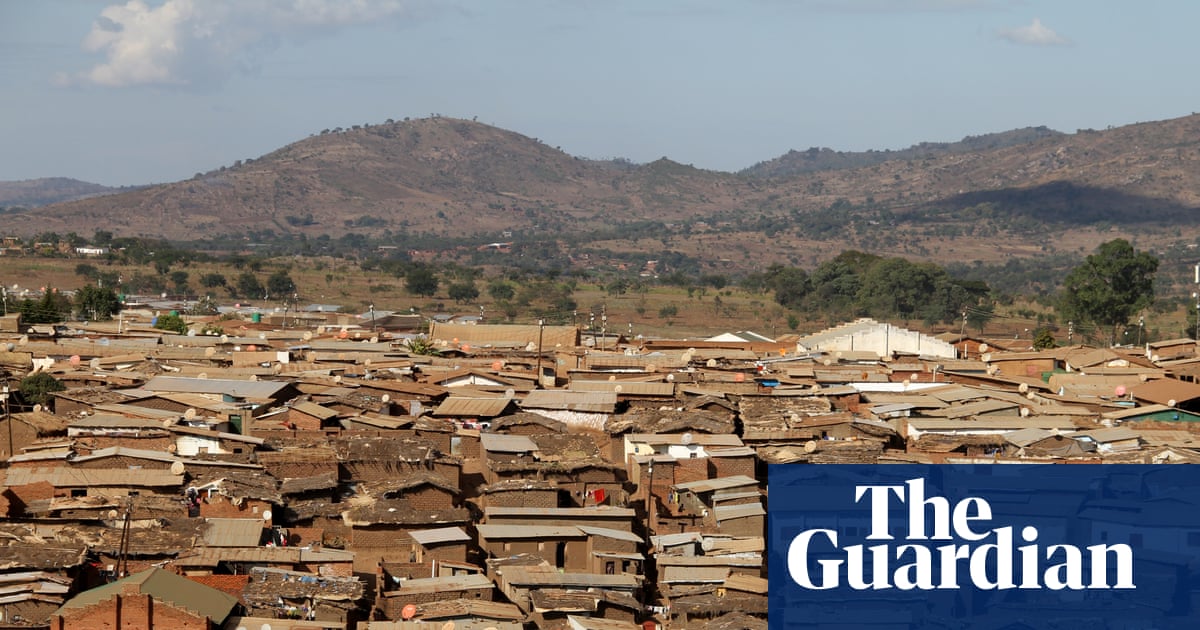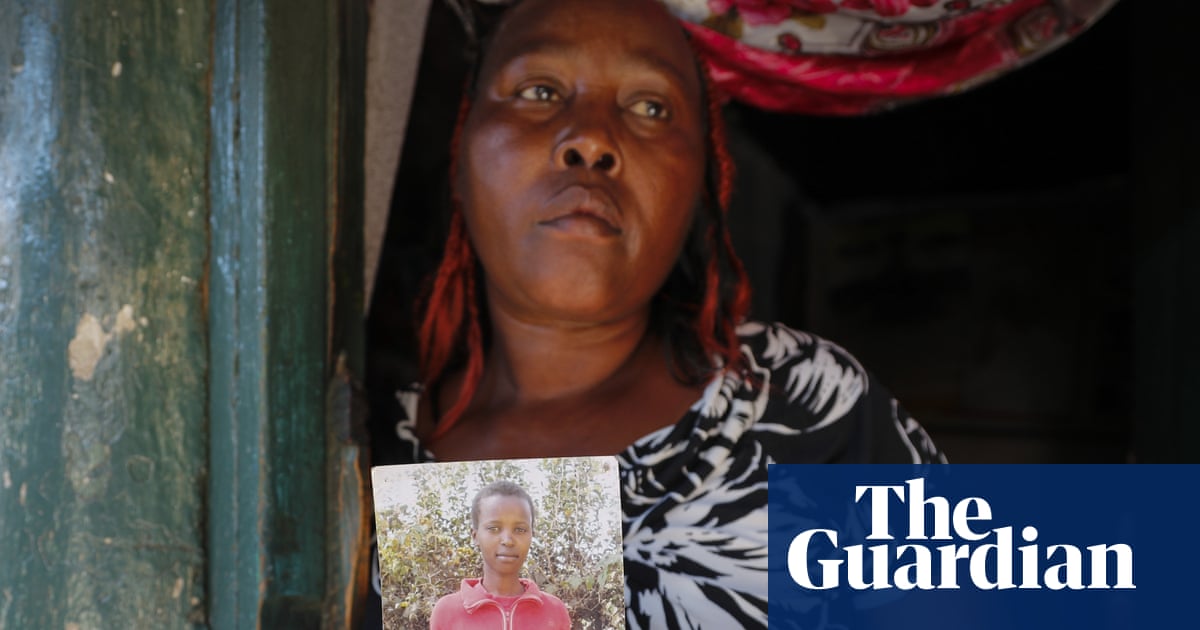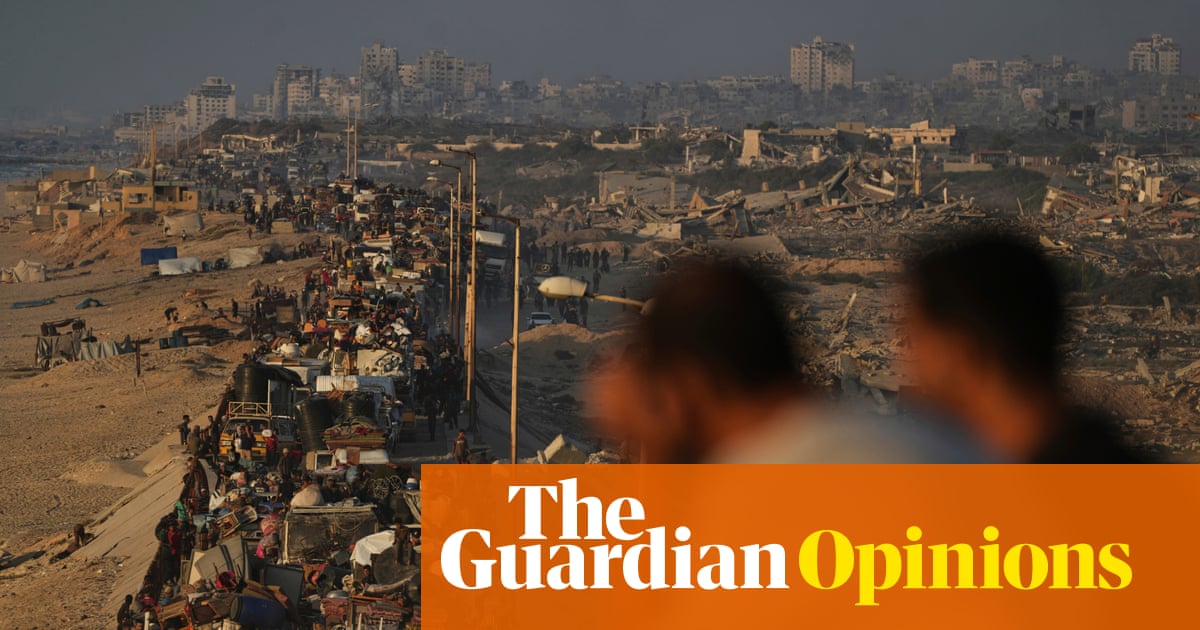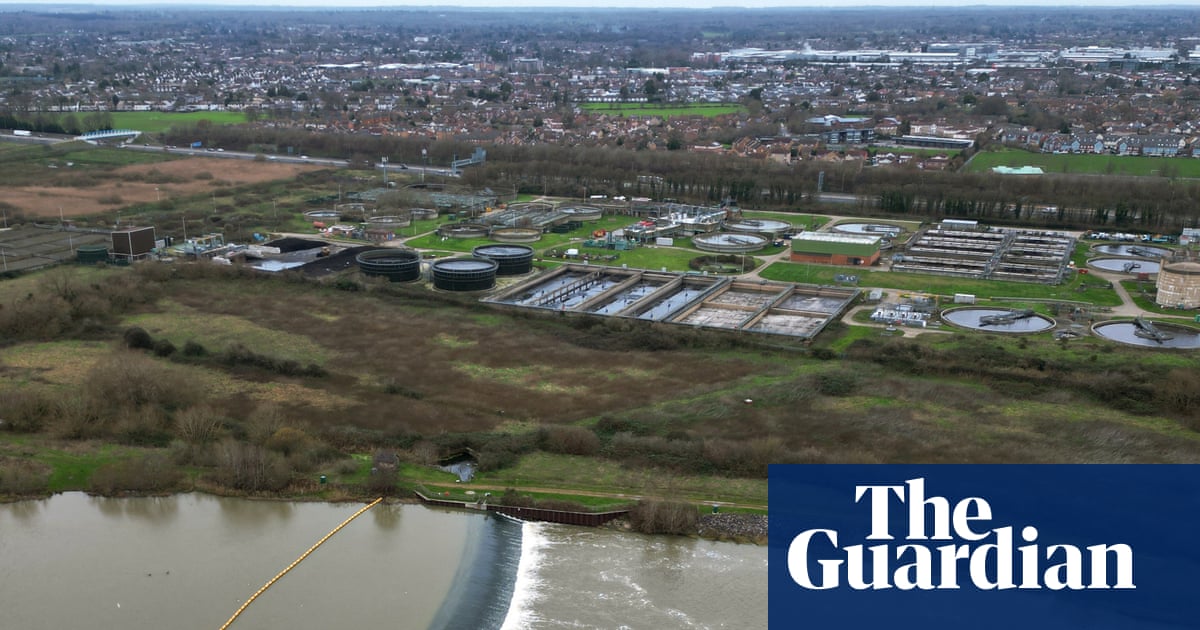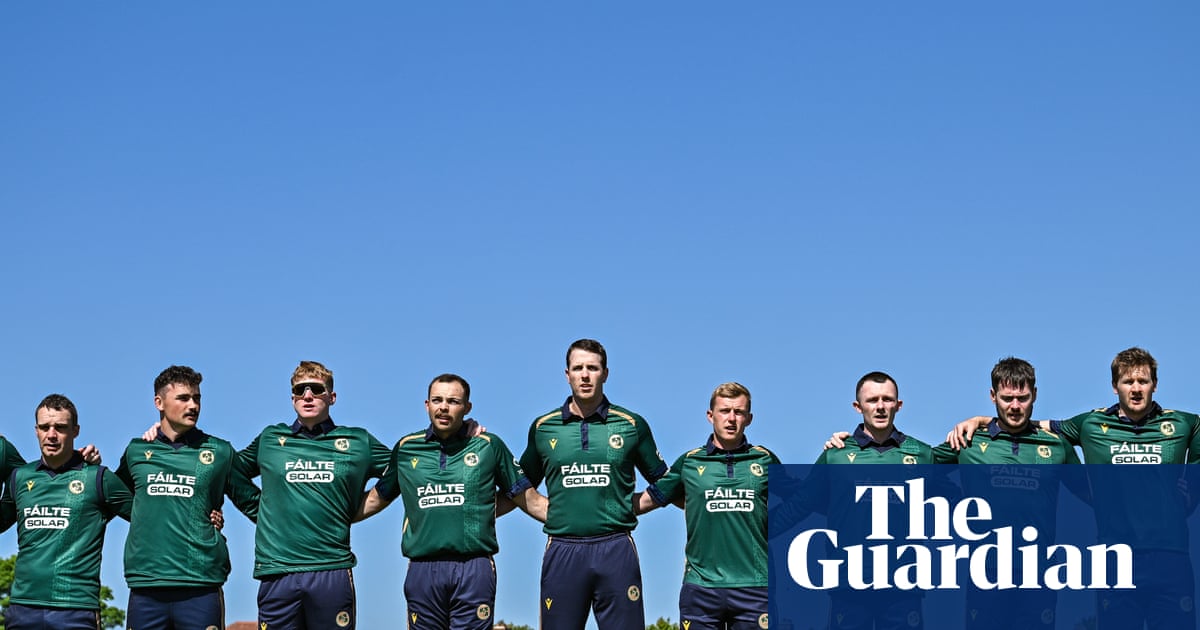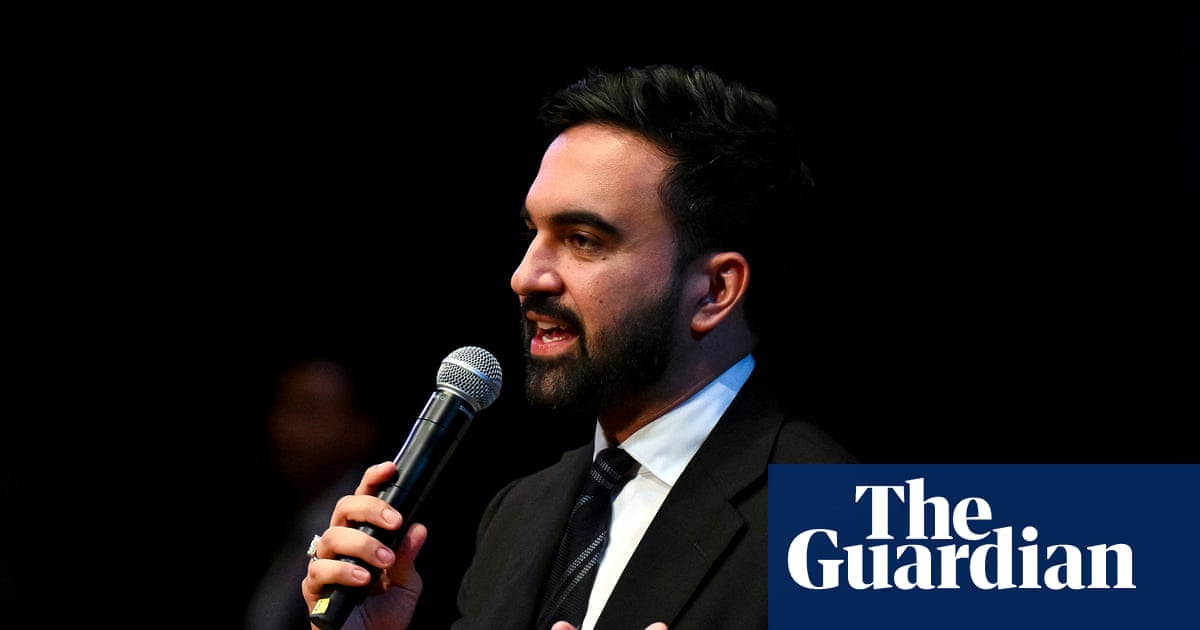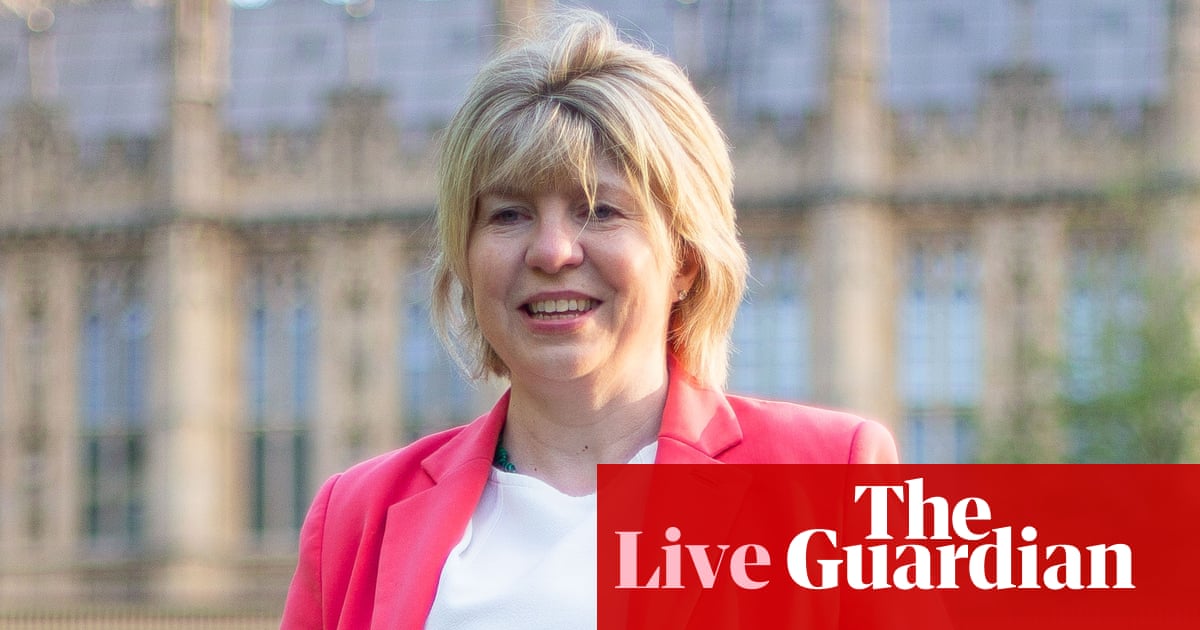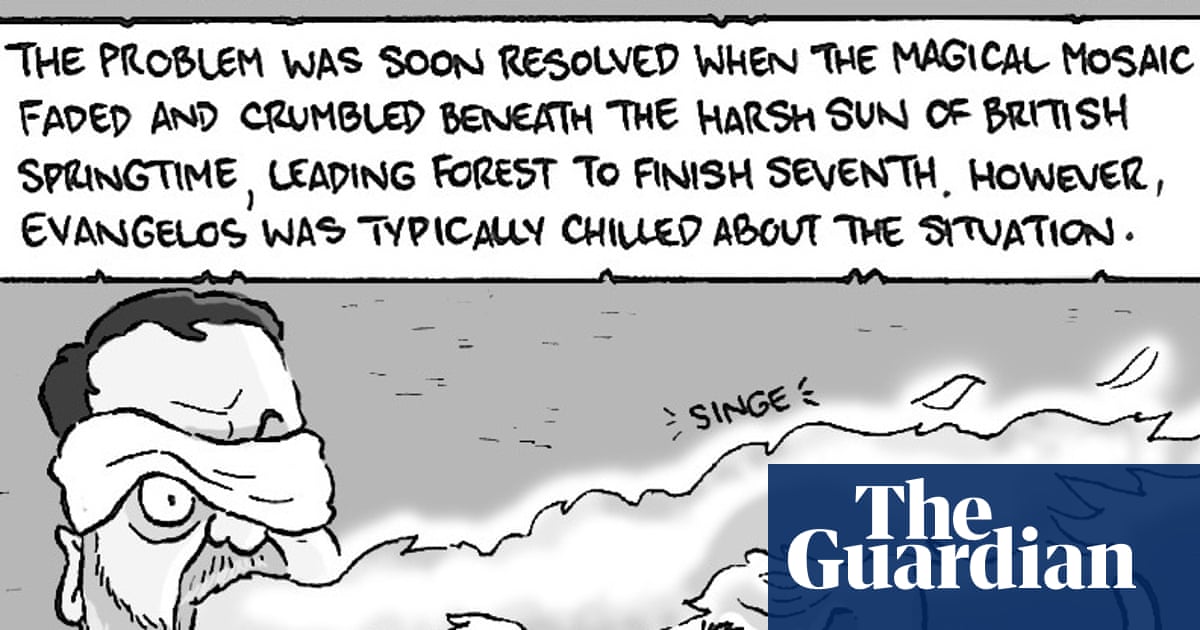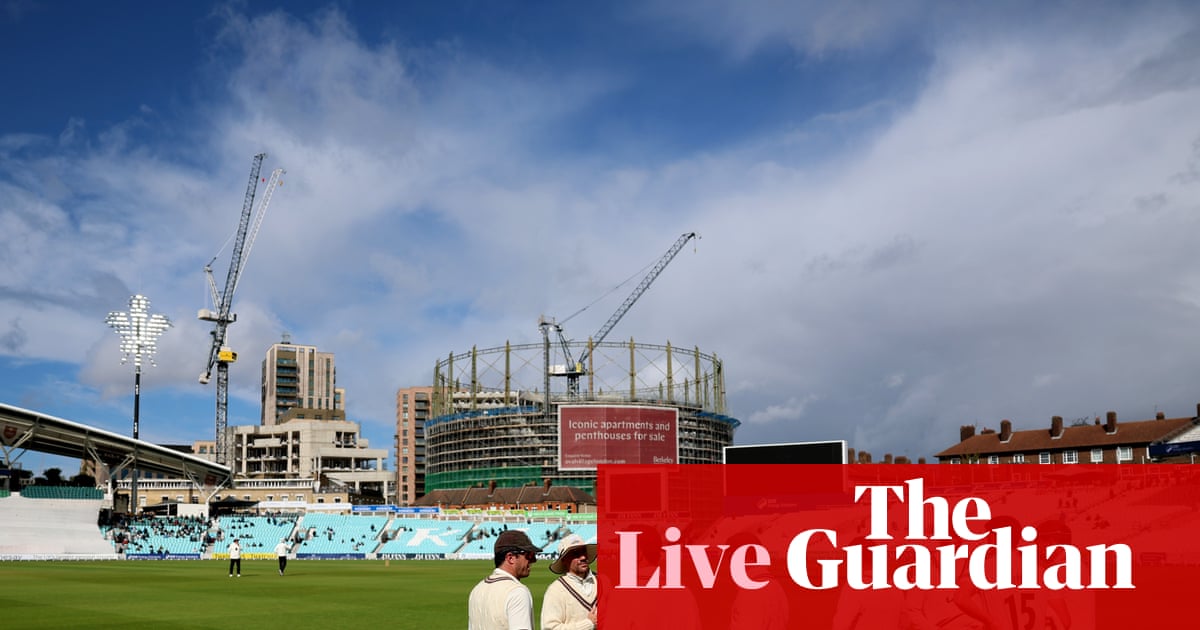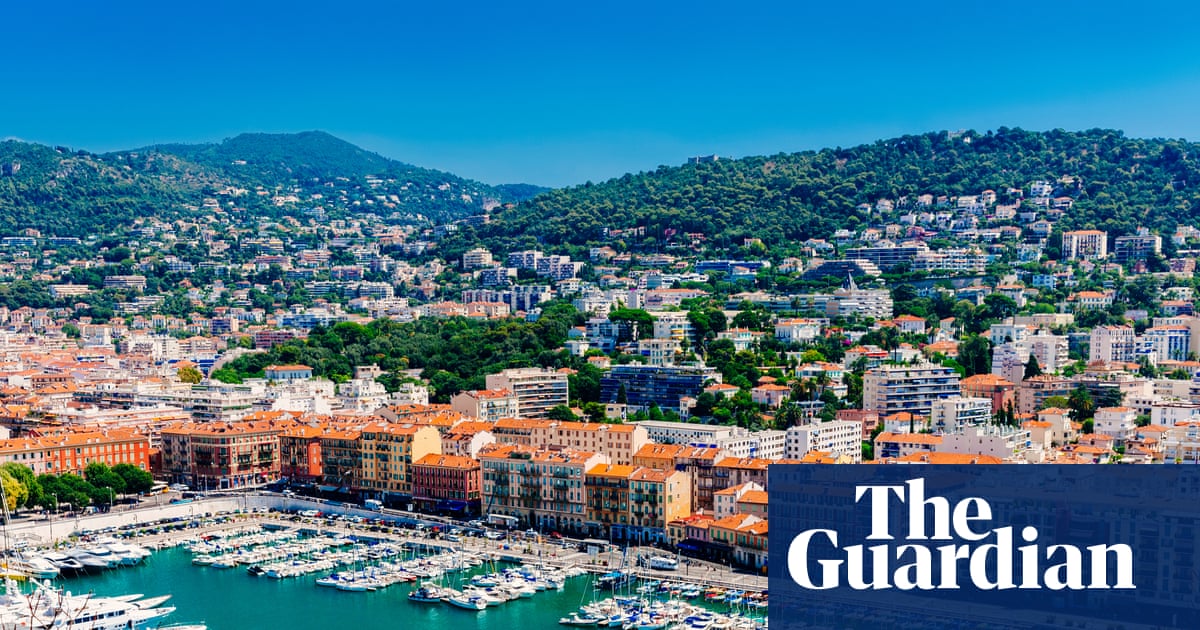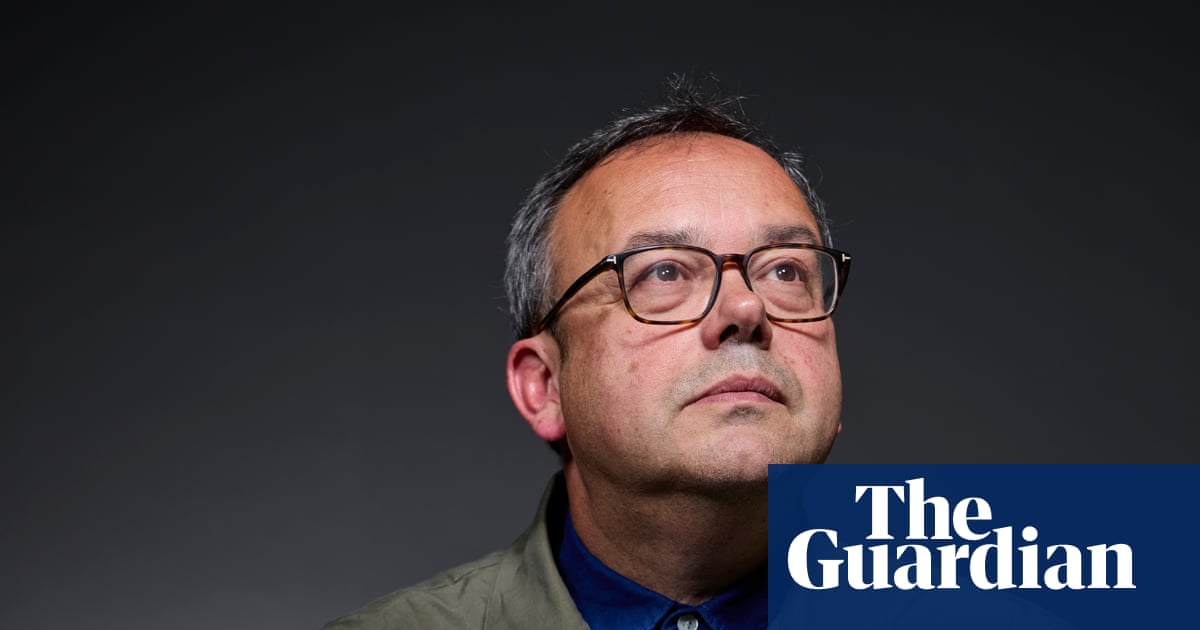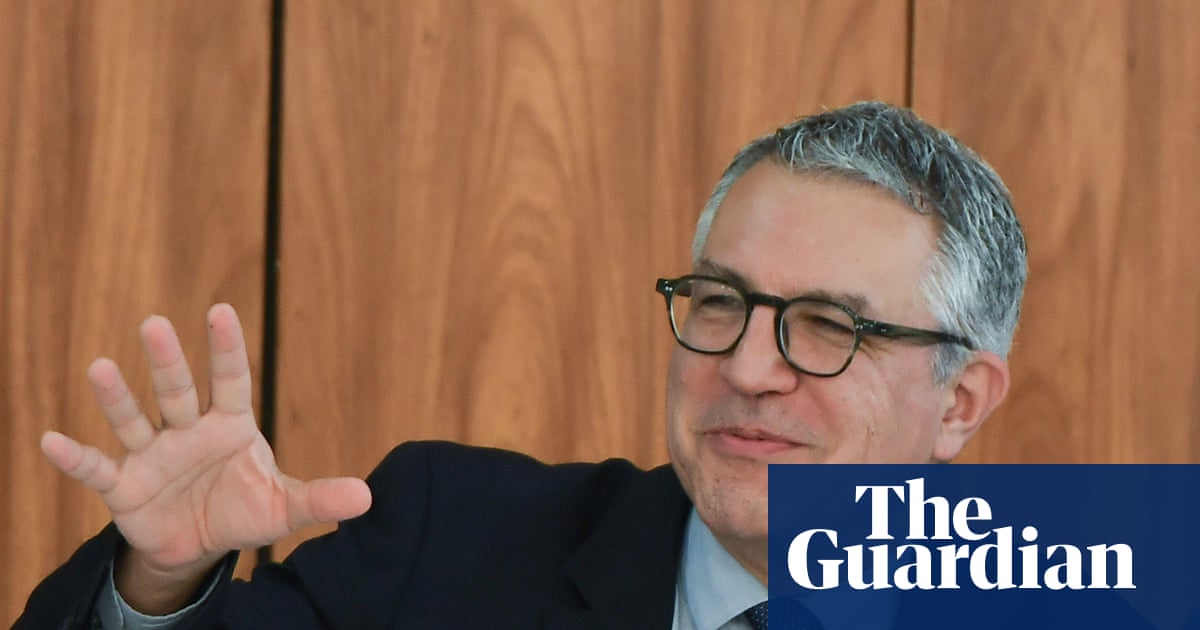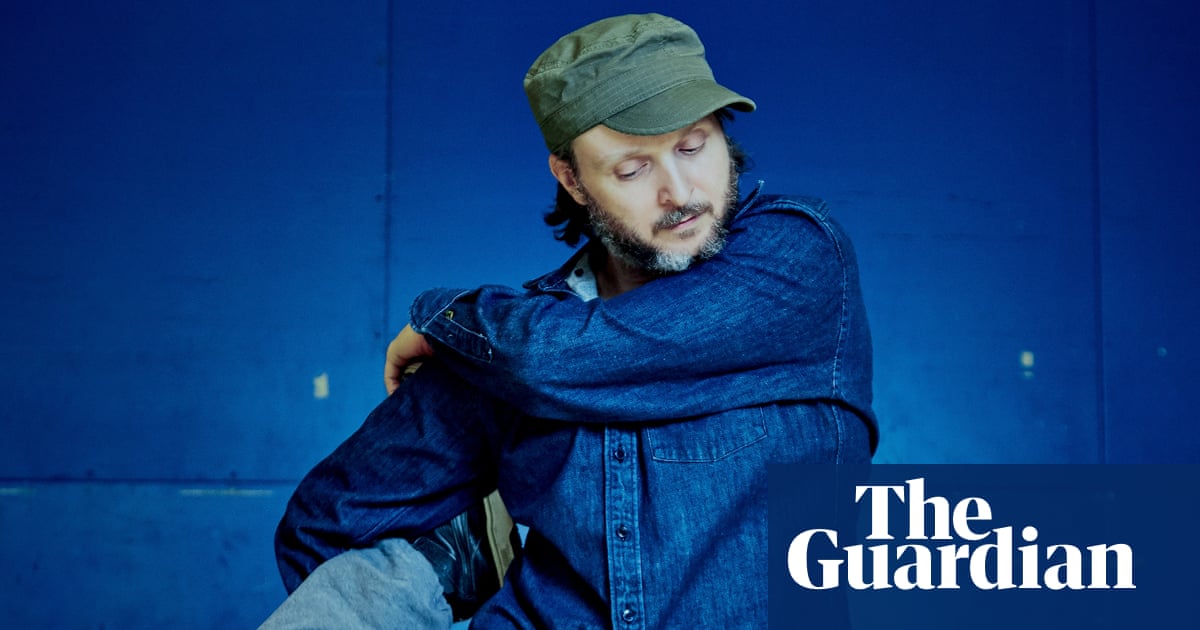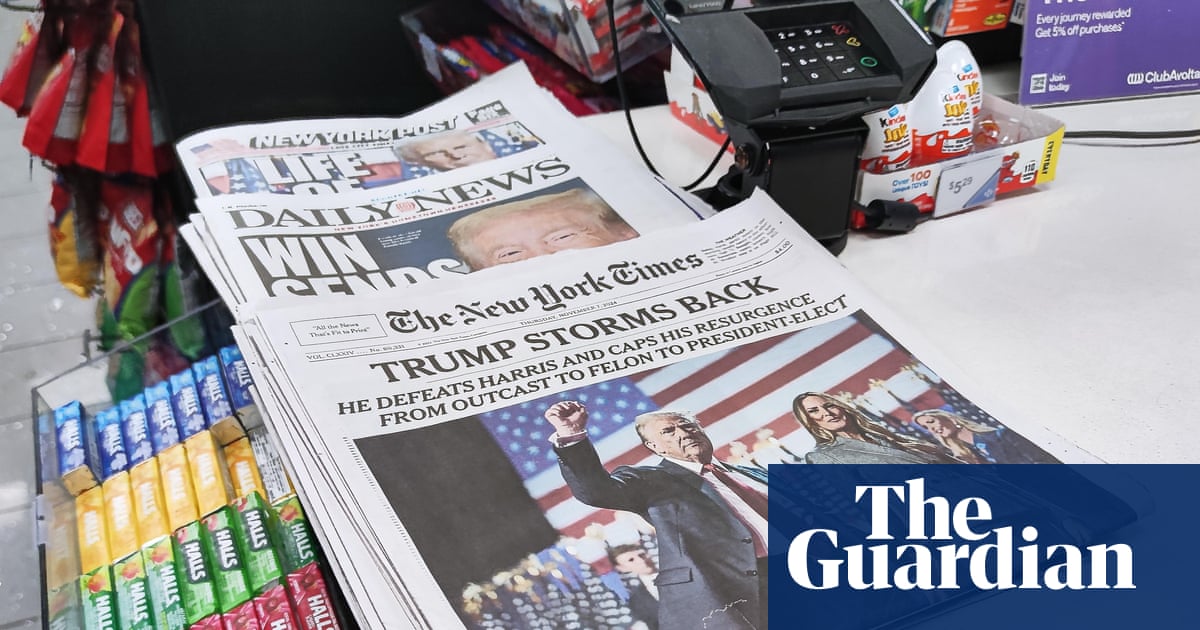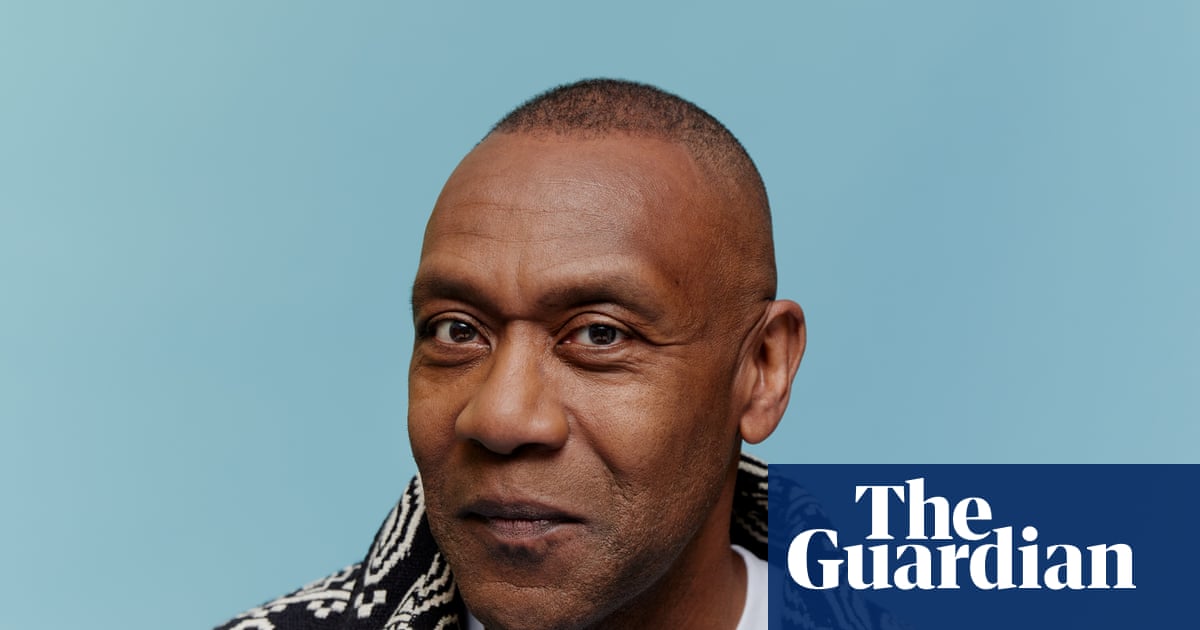For many in the British Muslim community, the tragedy of 7 July 2005 lives long in the memory. The bombings sent shockwaves through the nation but also marked a turning point that left many grappling with grief, fear and a new scrutiny of their identity.
Twenty years on, feelings of suspicion, isolation and hostility experienced in the aftermath of the attacks have, for some, only worsened after decades of UK counter-terrorism policies, and a political landscape they say has allowed Islamophobia to flourish.
“The emotional and social toll of 7/7 on Muslim communities was profound and is felt by many to this day,” said the imam Qari Asim.
After the four London bombings, which killed 52 people and injured more than 700, police recorded 180 racist incidents in three days, of which 58 were faith-related, and mosques were targeted with arson. A Guardian poll at the time found two-thirds of Muslims considered leaving the UK afterwards.
Asim, who was living in Leeds, where three of the four bombers were from, recalled the community feeling a collective sense of grief as the country mourned. But there was also an additional, silent layer of suffering for the Muslim community, he said: guilt and the need to justify their sense of belonging.
As international media descended on Leeds, Asim organised a peace walk with other local places of worship, and joined mosques across the country in focusing their Friday sermons on solidarity and rejecting extremist ideologies. But he also recalled the psychological impact in the aftermath, such as the fear on people’s faces when he entered lifts. He had to stop carrying a rucksack when he travelled.
“Islamophobia has consistently increased in the last 20 years, and that’s not just due to extremism and terrorism but also a multitude of factors,” Asim said.
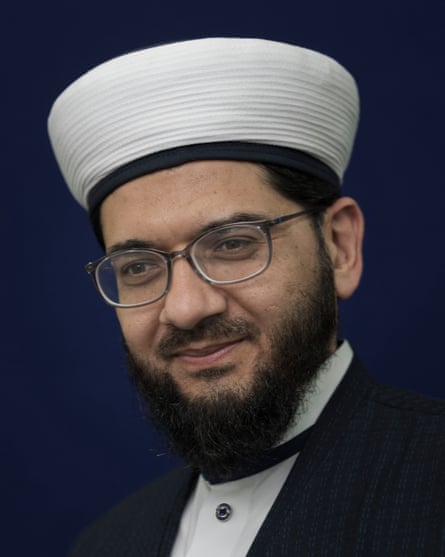
Among them, he said, were the counter-terrorism rules brought in after the bombings. The then prime minister, Tony Blair, introduced 12 measures intended to offer a greater degree of collective security, but many said they left the Muslim community feeling alienated, over-policed and that their faith had been weaponised against them.
There was a dramatic increase in faith-related hate crimes and police stop-and-searches. Dozens of terrorism charges were brought every year, and conviction rates on those charges soared.
Jean Charles de Menezes, a Brazilian man living in London, was shot dead by officers the day after the failed attacks of 21 July 2005, when they mistook him for one of the suspects. Another man was shot and injured during a counter-terrorism home raid in east London.
Government engagement with communities at the time became fixed through a counter-terrorism lens, at the expense of other kinds of social engagement, said Milo Comerford, the counter-extremism policy director at the Institute for Strategic Dialogue.
“It obviously did lead to a lot of distrust and sort of perceptions of securitisation, particularly among younger Muslim men,” said Comerford.
While the government fund to tackle hatred against Muslims announced in April was a move in the right direction, Comerford said, there had been little government focus for decades, and the Islamist lens had been “part of the challenge”.
The extension of terrorism powers and increased powers given to police and intelligence agencies has been of concern to Shabna Begum, the chief executive of the Runnymede Trust, a leading race equality thinktank, because of their racialised and disproportionate impact on people of colour – particularly South Asian and Muslim communities.
“Muslim communities have generally faced this kind of real culture of both being perceived as a threat and being perceived as outside the main body of who is to be British,” said Begum.
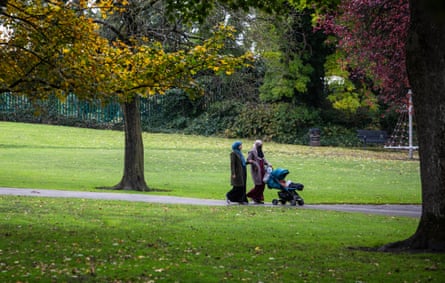
Britain is home to a diverse Muslim community, the majority of whom are under the age of 19, according to the Muslim Council of Britain. In England and Wales, 3.9 million people identify as Muslim, according to 2021 census data, or 6.5% of the population.
Begum said she was conscious of her two children being targeted because of their Muslim identity. When she hears the customary “See it, say it, sorted” announcement on the tube, she believes she hears it differently to how a white passenger might.
Twenty years after 7/7, Begum said the extension of counter-terrorism powers into the current conversation on migration “feels regressive”.
“We’re in a really dangerous place,” she said, but added there was room for change. “There is room for a different narrative, there is room for solidarity. These counter-terrorism surveillance powers, the logic of all of what we’ve seen happen since the ‘war on terror’, those things apply and damage everyone.”
Those concerns were underscored this year when figures revealed Islamophobic assaults rose by 73% in 2024 as a result of the normalisation of Islamophobic rhetoric and the far-right “great replacement” conspiracy theory that spread on social media, according to Tell Mama, a national project that records and measures anti-Muslim incidents in the UK.
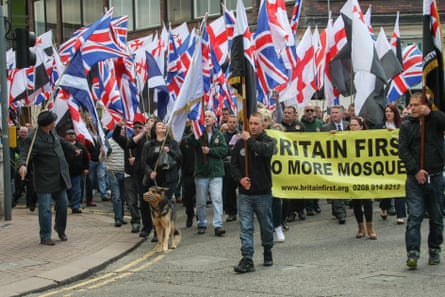
While some noted some positive changes in the aftermath of 2005 – including increased Muslim participation in public life, the creation of Muslim organisations and charities, and interfaith solidarity – another turning point was the 2005 strategy known as Contest. Its key element, Prevent, was intended to address the “root causes of terrorism”.
However, critics said Prevent was set up without meaningful engagement with communities, and the increase in surveillance culture caused a breakdown in trust between the Muslim community and the authorities. One person recalled a five-year-old child being referred to the programme. Another spoke of university students being pulled up over their research.
In the years after 7/7 and 9/11, there was a cultural shift that led to politicians and political commentators feeling able to speak about Muslims and the Muslim community in ways that were not previously acceptable. In 2024, analysis found that GB News accounted for half of all news broadcast coverage of Muslims over a two-year period, much of it negative.
“It’s become commonplace for people to say some really objectionable things and still be given platforms on mainstream media,” said Jabeer Butt, the chief executive of the Race Equality Foundation.
“We’ve given permission for people to say some terrible things in public and for them not to be challenged under the guise that we’re protecting free speech, when what we’re actually doing is demonising whole swathes of our society.”
Shaista Gohir said that as a Muslim woman born and raised in the UK, racism was always present. But the chief executive of Muslim Women’s Network UK and crossbench peer said she has never been as worried as she was now for the Muslim community.
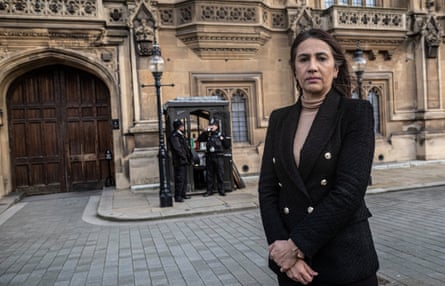
“It’s not people on the fringes any more,” Lady Gohir said. “It’s actually mainstream anti-Muslim hate.
“Twenty years on I thought we would be in a better place in terms of building the relationships and trust back, but I would say things have worsened.”

.png) 2 months ago
30
2 months ago
30

